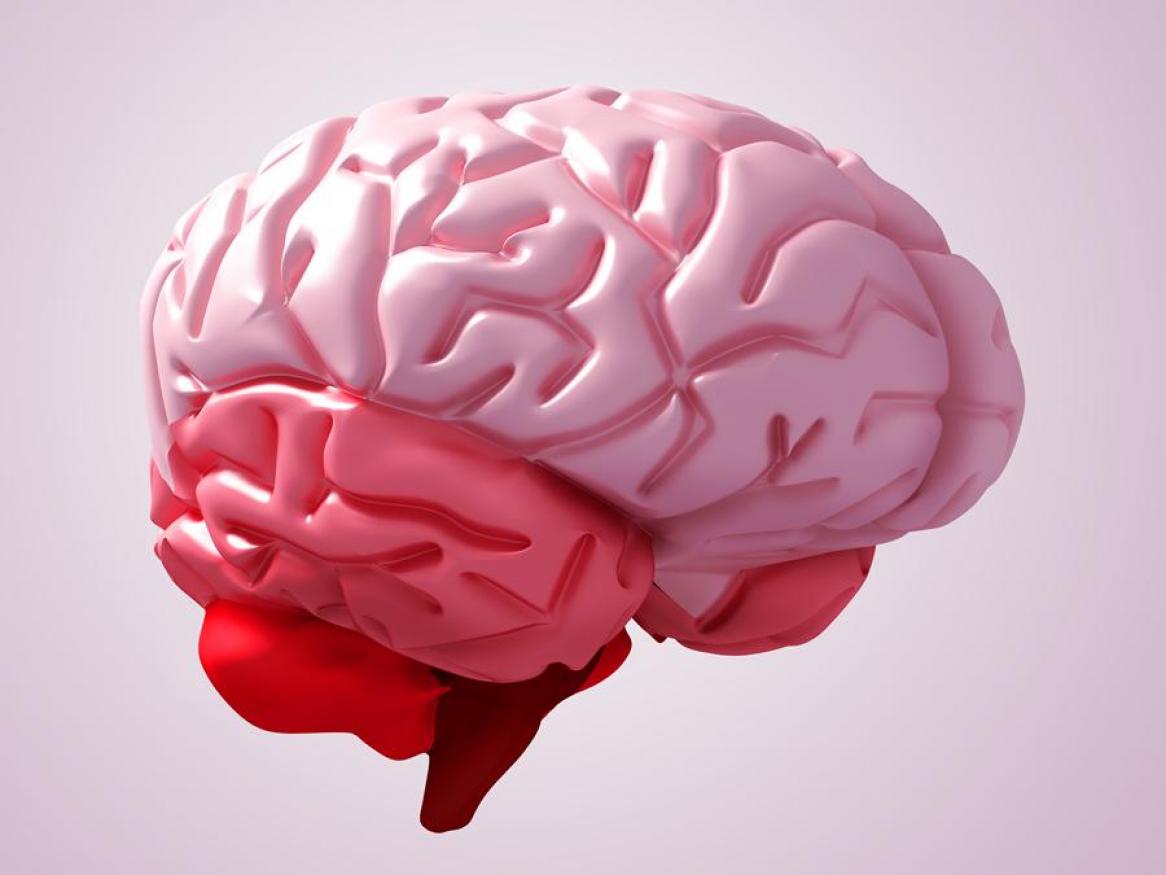Neurophysiology of Human Movement
The Neurophysiology of Human Movement group uses non-invasive brain stimulation techniques to understand how the healthy nervous system controls human movements, and how it may adapt under different conditions such as training, fatigue, exercise and ageing.
Research in this laboratory uses sophisticated neurophysiological techniques to examine how the brain controls human movement throughout the life span. We specialise in the use of brain stimulation techniques to painlessly and non-invasively examine how the brain controls skeletal muscles under diverse conditions. The overall goal is to understand how the healthy nervous system adapts to different challenges, and how it may be manipulated to improve motor function in conditions involving brain injury or disease.
Our work over the last two decades has defined the factors that contribute to brain plasticity (e.g. exercise, genetics, training, disuse), developed new strategies to optimise brain stimulation protocols to enhance motor function in health and disease, and established new techniques to identify changes in motor networks with motor skill learning and recovery from injury.


